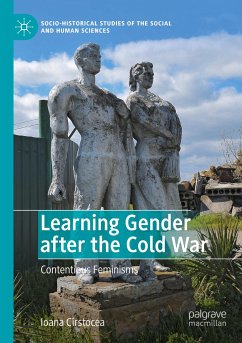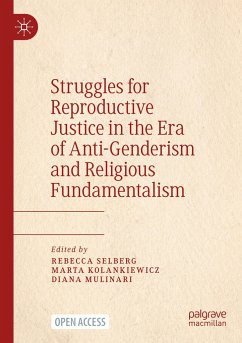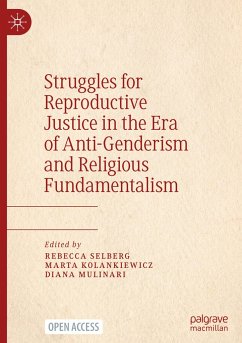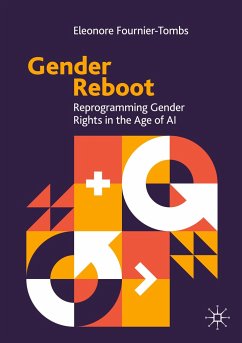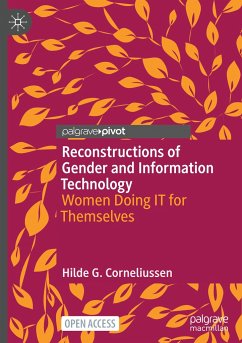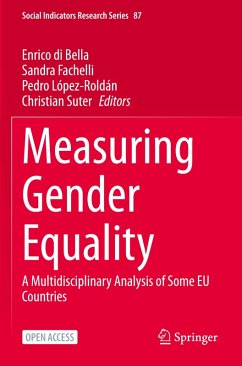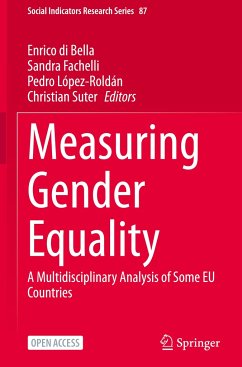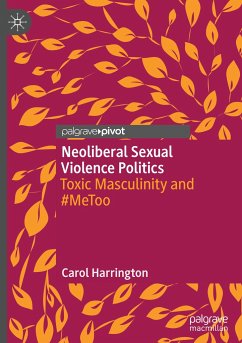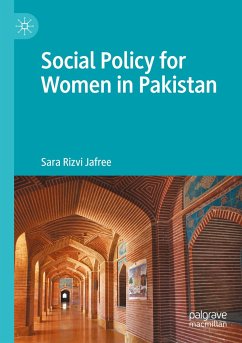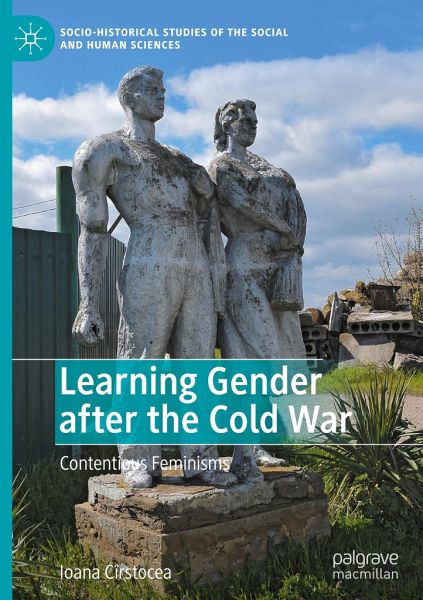
Learning Gender after the Cold War
Contentious Feminisms
Versandkostenfrei!
Versandfertig in 6-10 Tagen
106,99 €
inkl. MwSt.
Weitere Ausgaben:

PAYBACK Punkte
0 °P sammeln!
This book explores the role and place of feminist politics in the transformation of the former socialist world and points out the geopolitical mechanisms involved in the deployment of technocratic norms, expert discourses, activist repertoires and academic knowledge on women's rights and gender equality in the 1990s-2000s. Based on an interdisciplinary approach and scrutinizing transnational flows of people, resources and ideas, the analysis brings together themes and spaces that have been disconnected in previous scholarship. It sheds light on the integration of feminist resources into contem...
This book explores the role and place of feminist politics in the transformation of the former socialist world and points out the geopolitical mechanisms involved in the deployment of technocratic norms, expert discourses, activist repertoires and academic knowledge on women's rights and gender equality in the 1990s-2000s. Based on an interdisciplinary approach and scrutinizing transnational flows of people, resources and ideas, the analysis brings together themes and spaces that have been disconnected in previous scholarship. It sheds light on the integration of feminist resources into contemporary governance through complex entanglements of international aid to democratization, "activism beyond borders" and systemic transformation of higher education.The book will be of interest to researchers and students of sociology, political science, gender studies, and East-European studies.



